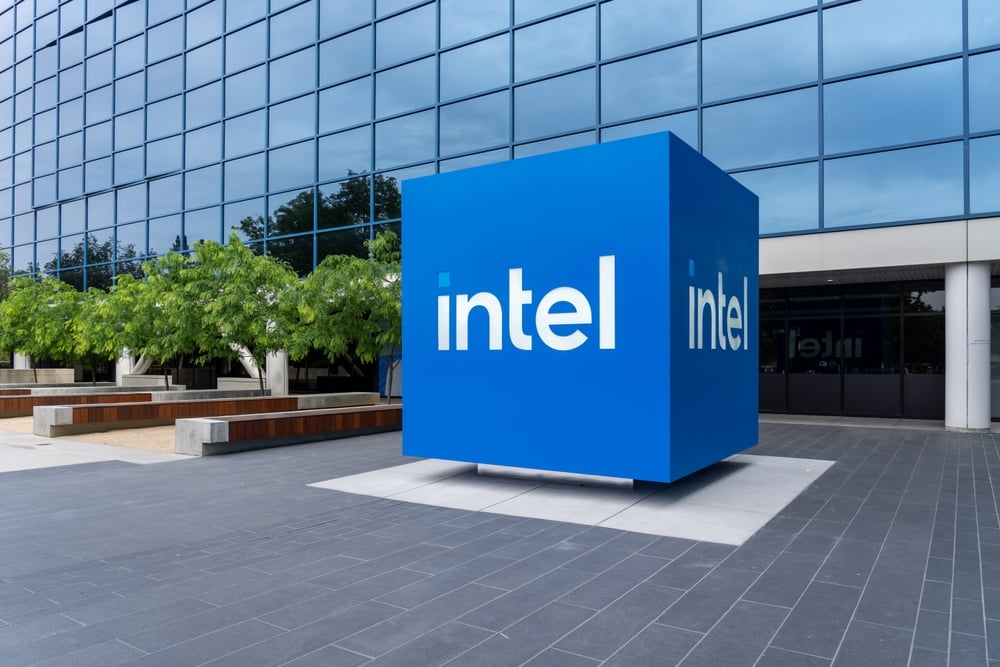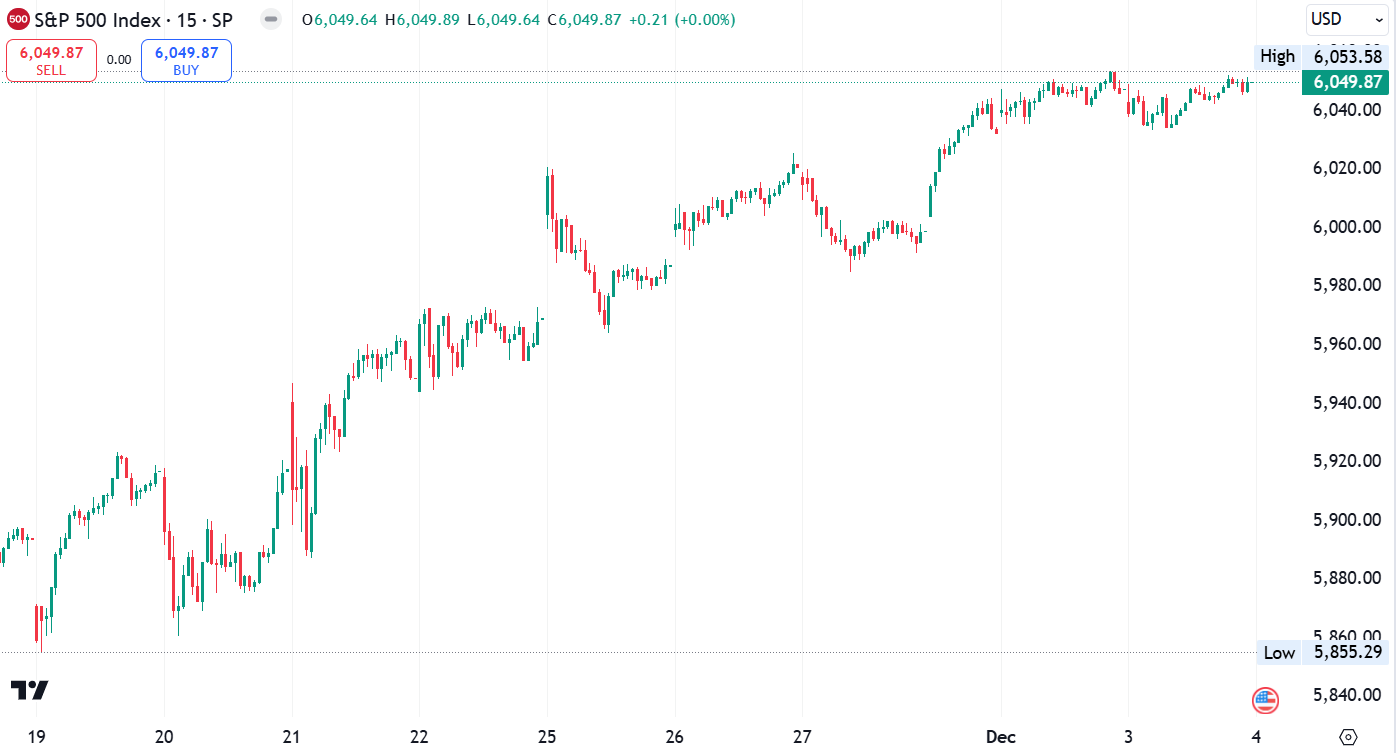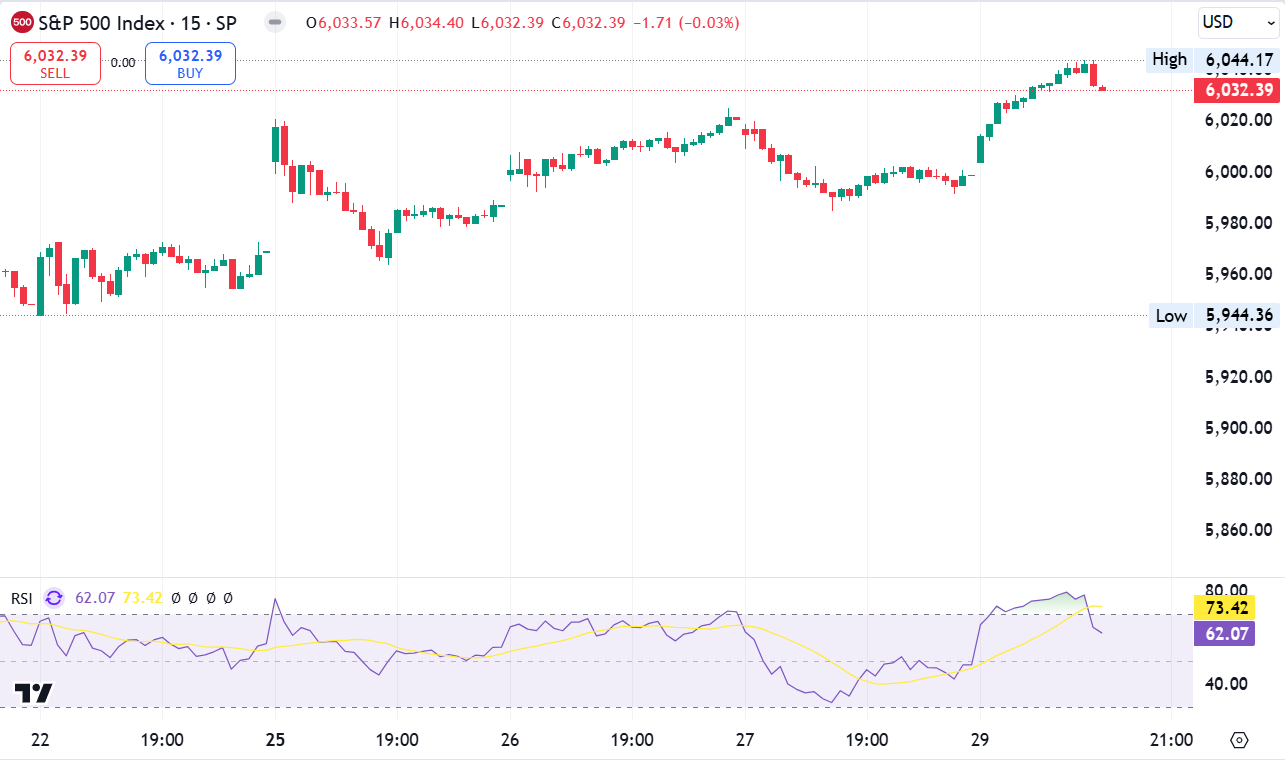
INTC Stock: What You Need to Know Before Investing
INTC: Decoding Intel’s Stock Potential and Corporate Journey
Intel Corporation stock (NASDAQ: INTC) is one of the popular tech stocks that everybody has heard about, but only a few know specifics about its inner workings and future potential. You might have a general idea, but you probably don’t know many things about it, including whether it’s a good investment.
Many investors consider Intel and other technology companies for their portfolios, but being in this sector doesn’t automatically mean that the stock will bring profit. Still, INTC shares attract lots of attention. So, let’s see why this stock is in the spotlight and what it has to offer investors. After all, learning more about the company’s current situation and background story is the first step to choosing the correct asset.
Is INTC stock for you? Ultimately, only you can decide that, but our insights will help you to determine whether it suits your investment goals. So, stay with us and let’s dive into the analysis of this interesting company.
What Does the Intel Corporation Offer Its Customers?
Intel Corporation is a multinational technology company from California that’s responsible for manufacturing and distributing components for the PC and products for the consumer markets and business.
Furthermore, the company is among the biggest semiconductor chip makers worldwide with revenue. In fact, Intel was on the Fortune 500 list of the largest United States companies by revenue for almost ten years, from 2007 to 2016. In 2020, the company returned to the list, ranking 45th overall and 7th among tech companies.
What Does Intel Corporation Supplies?
Intel is a key developer of the x86 set for instruction that is utilised in most PCs. It also provides microprocessors to most computer system manufacturers.
In addition, the company produces the following components:
Chipsets Flash memory Graphics processing units (GPUs) Field-programmable gate arrays (FPGAs) Network interface controllers Other components for communication and computingThanks to its well-diversified products, many analysts consider Intel a good choice for investment. Besides, it’s already a well-established company with a high-performance. It has managed to carve out its own niche in the gaming PC market and maintains its position with success. The Intel Core series of CPUs are famous for including some of the fastest consumer processors.
INTEL Stock Price And Current Statistics
Stock prices and statistics give you lots of information about its prospects. Its performance indicates whether it has a strong potential for gains or not. So, let’s see what the INTC stock statistics are like:
INTC stock price: $20.60 Market cap: $91.85B Enterprise Value: $115.60 billion Trailing P/E Ratio: 89.50 Open: $19.10 Day Range: $18.84 – $20.55 52-Week Range: $18.84 – $51.28 Market Cap: $87.62 billion Shares Outstanding: 4.26 billion Public Float: 4.25 billion Beta: 1.25 Revenue per Employee: Not Available P/E Ratio: 89.24 EPS (Earnings Per Share): $0.23 Yield: 0.00% Dividend: $0.13 Ex-Dividend Date: August 7, 2024 Short Interest: 94.94 million (as of July 15, 2024) % of Float Shorted: 2.23% Average Volume: 55.97 millionAs you see, the company’s market capitalisation is quite high. However, its shares are trading in the red currently. That doesn’t mean that this company is a bad choice. On the contrary, the shares’ price is relatively low now, but it might surge forward in the coming months, bringing investors profit.
INTC/USD 5-Day Chart
How to Buy the INTC Stock
Although you cannot buy Intel shares directly from Intel Corporation, there are other options to try. For example, you can enrol in their Dividend Reinvestment Plan (DRIP) once you’ve acquired your initial share through a trusted and legitimate broker.
Intel Stock News – What Happened to Intel Stock?
The new developments in the company often determine the stocks’ price swings, so we have summed up the key facts to understand what’s happening with the Intel corporation and its shares lately:
The Biden administration is finalising $39 billion in grants to boost US semiconductor manufacturing. Intel is navigating some tough times right now, grappling with job cuts and falling stock prices, which are affecting its US projects. Although the company has pledged $400 billion for new semiconductor facilities in the US, many of the chips will still be processed overseas. It’s a challenging moment for Intel as it tries to balance growth with global competition. The US may need more semiconductor engineers and technicians. Upcoming elections could affect the future of semiconductor subsidies and the Chips Act.Intel Stock Forecast And Price Prediction
The analysts suggested that the company’s shares might gain 33.21% in the coming year. Thus, the INTC stock forecast is bullish currently, but the consensus rating for it is a “Hold” based on 23 buy, 51 hold, and 22 sell ratings.
Moreover, Intel’s average 12-month price target is $29.56. This suggests that the company has a 37.62% potential for growth.
A Brief History of the Intel Corporation
Intel was founded on July 18, 1968, in Mountain View, California, by Gordon Moore, Robert Noyce, and venture capitalist Arthur Rock. Moore and Noyce, both from Fairchild Semiconductor, sought to capitalise on the emerging semiconductor memory market.
Initially, the corporation was named NM Electronics. However, it quickly rebranded as Intel, short for Integrated Electronics. The company went public in 1971, and by 1972, it had introduced the groundbreaking 1103 DRAM chip, which became the world’s top-selling memory chip.
A Major Breakthrough In 1971
In 1971, Intel made a fascinating, rather game-changing move when it launched the Intel 4004, the first commercially available microprocessor, which kicked off the personal computer era.
During the 1980s, Intel’s dominance in memory chips faced strong competition from the most successful Japanese companies, leading the company to pivot towards microprocessors.
The Golden 90s Era
The 1990s were undoubtedly a golden era for Intel, and the most success came from the IBM PC and the popular Intel Inside marketing campaign. On the other hand, the 2000s brought tougher competition from AMD and hurdles in the smartphone market, prompting Intel to restructure and diversify.
Intel has recently focused on advancing its core processors and custom chip production, but it continues to grapple with fierce market competition and manufacturing challenges.
Final Thoughts
Overall, the Intel stock has a strong growth potential. Thus, you should consider adding it to your watch list. Even though it has a “Hold” rating right now, it might change soon. So, stay tuned for more news about the financial world.
The post INTC Stock: What You Need to Know Before Investing appeared first on FinanceBrokerage.



